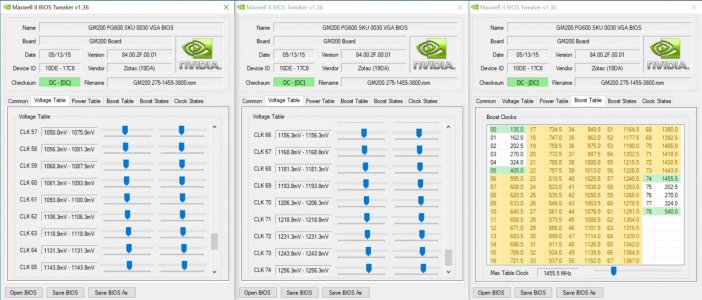xDiVolatilX
2[H]4U
- Joined
- Jul 24, 2021
- Messages
- 2,486
I undervolt the heck outta my cpus. I tend to stay away from undervolting my gpus because I don't have the time to troubleshoot stability as gpus are more sensitive. Which card have you undervolted? Are you just using software like precision or afterburner or are you full blow changing firmware/bios versions?That is why undervolting is the new overclocking! But no one seems to be aware of this in this thread
![[H]ard|Forum](/styles/hardforum/xenforo/logo_dark.png)
